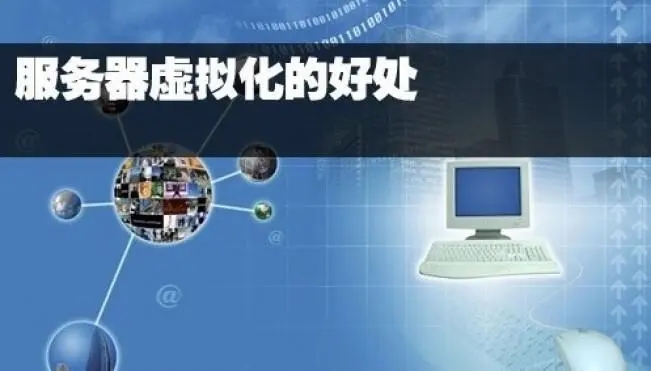Title: The Rgv border news liveIntriguing World of Confabulation Games: A Personal Insight and Professional Analysis
Content:
Have you ever wondered what its like to play a game where the truth is a mere suggestion? Enter the confabulation game, a psychological experiment that challenges our understanding of reality and memory. This article delves into the fascinating world of confabulation games, drawing from my personal experience and incorporating insights from cognitive psychology.
What is a confabulation game?
A confabulation game is a psychological experiment designed to study memory and its limitations. Participants are asked to recall events that never occurred, often in the form of a story. The goal is to observe how individuals construct false memories and how they believe in their own fabrications.
My personal experience:
A few years ago, I participated in a confabulation game during a cognitive psychology workshop. The facilitator asked us to recall a childhood memory involving a specific event. After a few minutes, I was asked to share my story with the group. To my surprise, I confidently described a memory that seemed incredibly vivid and real. However, when I later discussed the event with my family, they informed me that it never happened.
This experience highlighted the power of confabulation and the ease with which we can create false memories. It also made me curious about the underlying psychological mechanisms that drive this phenomenon.
Why do we confabulate?
Cognitive psychologists have identified several reasons why we confabulate:

n attempts to fill in the blanks, often creating false memories in the process.
2. Desire for coherence: We have a natural tendency to seek coherence and consistency in our memories. When faced with contradictory information, we may alter our memories to make them more coherent.
3. Emotional factors: Strong emotions can influence memory formation. For example, we may remember events more vividly if they are emotionally charged.
Examples from cognitive psychology:
One classic example of confabulation is the False Memory Syndrome, where individuals believe they have memories of events that never occurred. Another example is the Misinformation Effect, where exposure to false information can lead to the creation of false memories.
The implications of confabulation games:
Understanding confabulation can have significant implications for various fields, such as law, psychology, and education. In legal contexts, it highlights the importance of crossexamination and the need for evidence beyond a persons memory. In psychology, it underscores the importance of considering the possibility of false memories when working with clients. In education, it emphasizes the need for critical thinking skills to distinguish between fact and fiction.
n a deeper understanding of human cognition and memory.
顶: 31374踩: 2779
Rgv border news live、independent news sources、simon cowell news、kitco news wikipedia
人参与 | 时间:2025-05-18 20:44:54
相关文章
- Unleashing the Visual Revolution: Game Dikhaiye – Where Gaming Meets Art and the Abyss of Media(Game
- Unleashing the Aimpoint Game: A Visual Revolution and Media Abyss in the World of Gaming(gamevisual哪
- Unleashing the Power of qqqqwwww Game: The Ultimate Virtual Adventure Awaits!(terragenesisgame ipa包)
- Unveiling the Evolutionary Genesis: The Revolutionary World of Geniverse Game(togethergames)
- Tamarin Game: Revolutionizing Visuals and Delving into the Abyss of Media – The Visual Revolution an
- Unleashing the Power of Evolution: How Geniverse Game Revolutionizes the Gaming Experience(togetherg
- Unlocking the Secrets of Communication: The Revolutionary Power of the Messenger Game(togethergames)
- Unleashing the Wild: A Glimpse into the Thrilling World of Beastkeeper Game(game launcher image)
- Unleashing the Typewriter.com Game: A Revolution in Virtual Typing Adventures!(one-possession game是什
- Unleashing the Power of Gettysburg Game: A Revolutionary Exploration of Historical Realism and Virtu






评论专区